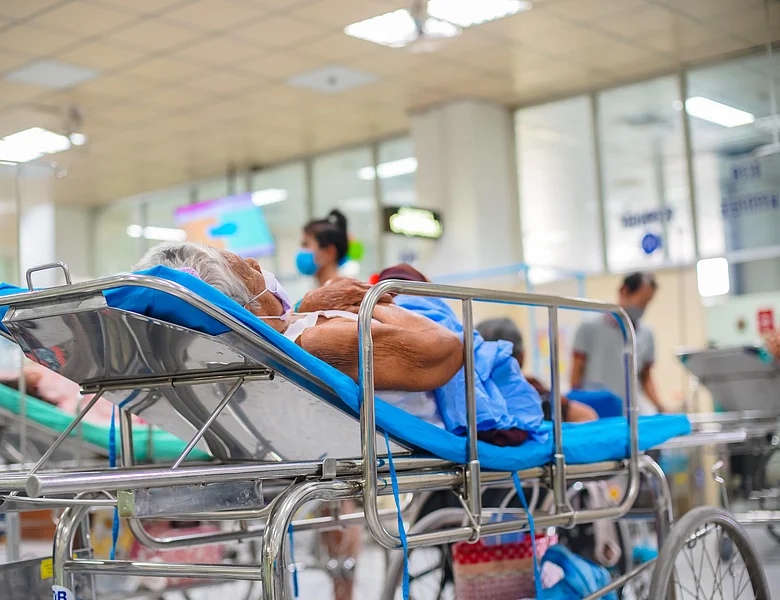Get Healthy!

- Posted January 8, 2023
Emergency Care Vs. Urgent Care: What's the Difference?
If you're sick or have been injured, you might not know whether the emergency room or urgent care is the right place to be treated.
The American College of Emergency Physicians (ACEP) offers some general advice, so you don't have to wonder where to go when immediate medical attention is needed.
"The emergency department is the best option for concerning symptoms, severe illness or injury, and we're open 24/7, 365,"said ACEP President Dr. Christopher Kang. "Emergency physicians are ready to help anyone who needs them -- we are trained to treat every kind of medical emergency."
Emergency departments have advanced medical equipment and are staffed to handle more complex care for severe health issues, the ACEP said in a college news release.
The most common reasons to seek emergency care include trouble breathing, chest pain, uncontrolled bleeding, seizures, severe abdominal pain, head injuries, sudden severe headache or dizziness, and sudden confusion or disorientation. Emergency physicians can evaluate and manage any mystery injury or ailment.
Urgent care is a vital part of the health care system, the ACEP noted, and is a good option for minor medical issues, especially after-hours or on weekends when you can't see your primary care doctor.
Urgent care tends to be the right choice for a modest cough, runny nose, sore throat, rashes, minor cuts, upset stomach, minor bone fractures, pink eye and other seemingly mild symptoms.
Most urgent care centers are not equipped to substitute for emergency care, the ACEP said.
Emergency departments are required by law to treat or stabilize anyone who seeks emergency care, regardless of their ability to pay or insurance status. Urgent care centers tend to accept health insurance, but require payment when services are delivered.
"Knowing when and where to go in a health emergency can save a life,"Kang said. "If you need care for a severe illness or injury, or if you're unsure about what's wrong and your regular physician is not available, an emergency physician will always be there for you."
Call 911 or go to the nearest emergency department if a medical emergency is suspected.
More information
The National 911 Program has information on calling 911.
SOURCE: American College of Emergency Physicians, news release, Jan. 5, 2023







